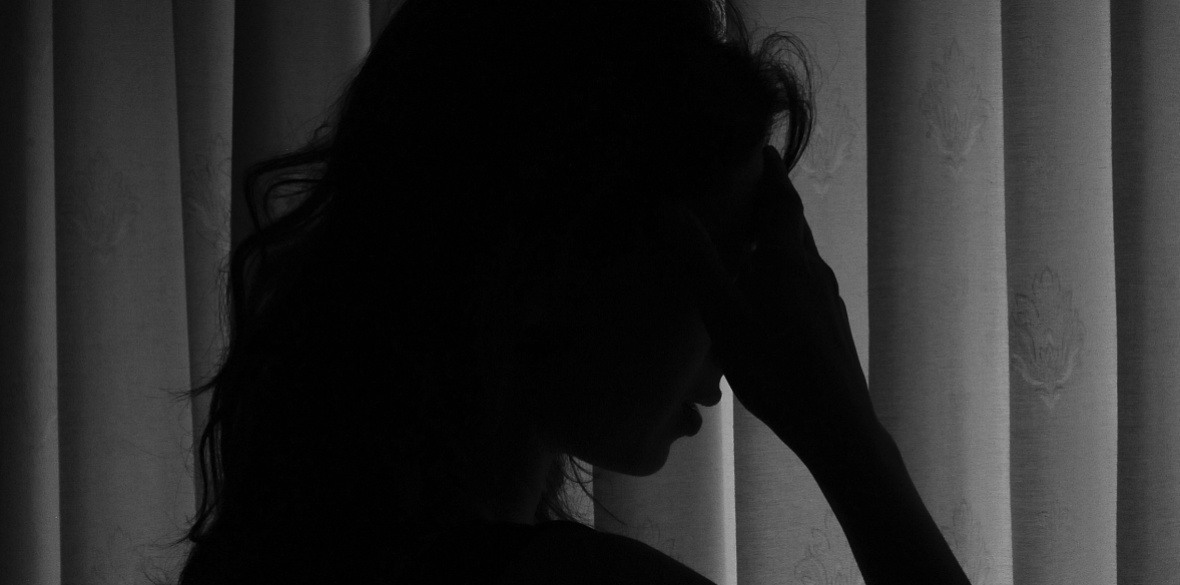This is the last article you can read this month
You can read more article this month
You can read more articles this month
Sorry your limit is up for this month
Reset on:
Please help support the Morning Star by subscribing here
AN INCREASE in calls to a counselling helpline for workers in Parliament underlines the need to tackle “systemic issues” including bullying and sexual misconduct, unions said today.
Calls made to the 24-hour helpline rose by nearly 10 per cent to 1,073 in the year up to April 30, according to figures obtained by the Press Association.
Of those, 979 were from House of Commons staff and 94 from people working for MPs, with some 442 concerning mental health issues.
The true figure is likely to be higher, as some were redacted to protect confidentiality, and the breakdown did not include House of Lords staff, peers or MPs.
The increase was partly the result of Commons leader Jacob Rees-Mogg’s insistence that staff attend workplaces despite fears of contracting Covid, according to public service workers’ union Prospect.
Deputy general secretary Garry Graham said: “These figures show the magnitude of the effect a year of Covid pressure has had on parliamentary staff.
“The impact was amplified by [Mr Rees-Mogg’s] insistence on physical attendance at a time when many of the lower-paid cooks and cleaners were genuinely afraid that coming to work might put their health at risk.”
Unions also believed that the service was not reaching all those who needed it.
Jenny Symmons, chair of the GMB union’s branch for MPs’ staff, said: “More intervention is needed to address the systemic issues with bullying and harassment, sexual misconduct, unhealthy work patterns, and other problems that have permeated our workplace for decades.
“These figures do not show all those staff needing help in Parliament — only those seeking it.”
Ms Symmons said that while Parliament has made “huge headway” in supporting MPs’ staff pastorally, services offering mental health support are “only treating the symptoms of cultural issues in Parliament — not the cause.”
Jawad Raza, national officer of the FDA union which represents senior civil servants, said that the service “must be protected and further developed to give all staff confidence to access support when it’s needed, which will in turn lead to long-term improvements to the culture of the House of Commons.”
Commons Speaker Sir Lindsay Hoyle said the wellbeing of around 3,000 parliamentary staff was a “top priority” and he was pleased they were not “suffering in silence.”












